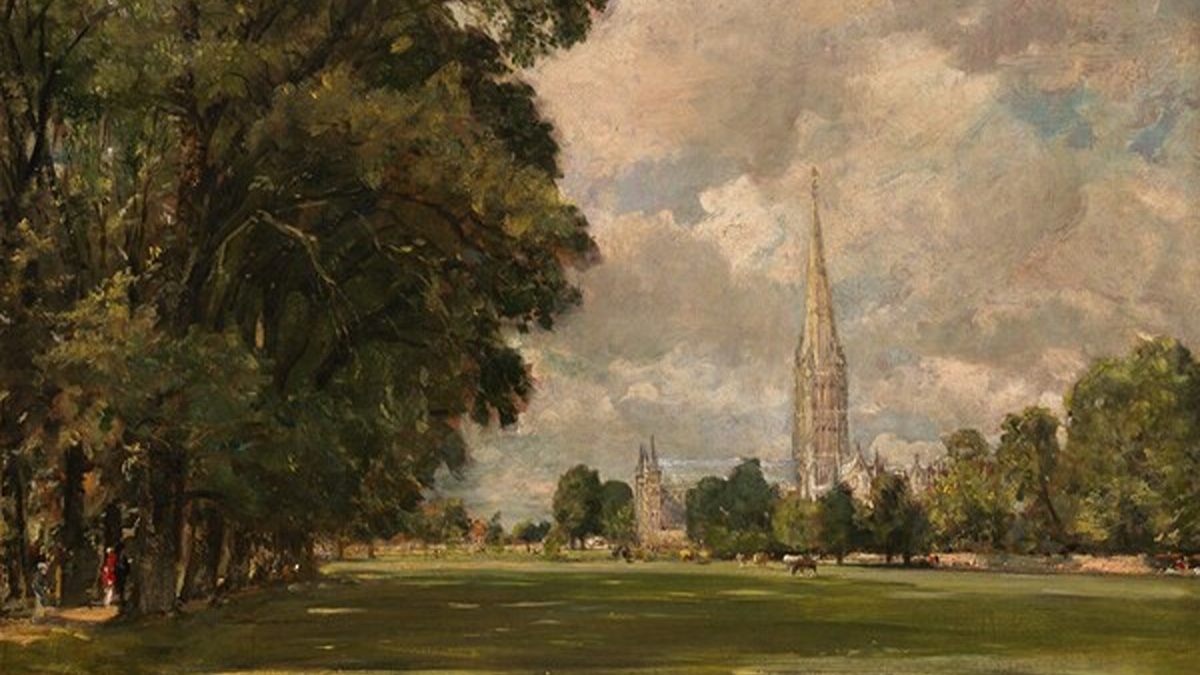Vaughan Williams’ “The Lark Ascending”: A Communion with Nature
Begun in 1914 on the eve of the First World War and completed in 1920, Ralph Vaughan Williams’ The Lark Ascending is a shimmering, impressionistic ode to the serene English countryside. Gently rising ever higher, the solo violin depicts the courting flight of the skylark, which glides over the green hedgerow-stitched landscape during spring and early summer. Wordsworth described the bird as the “ethereal minstrel.” Filled with a sense of nostalgia and lament, …







